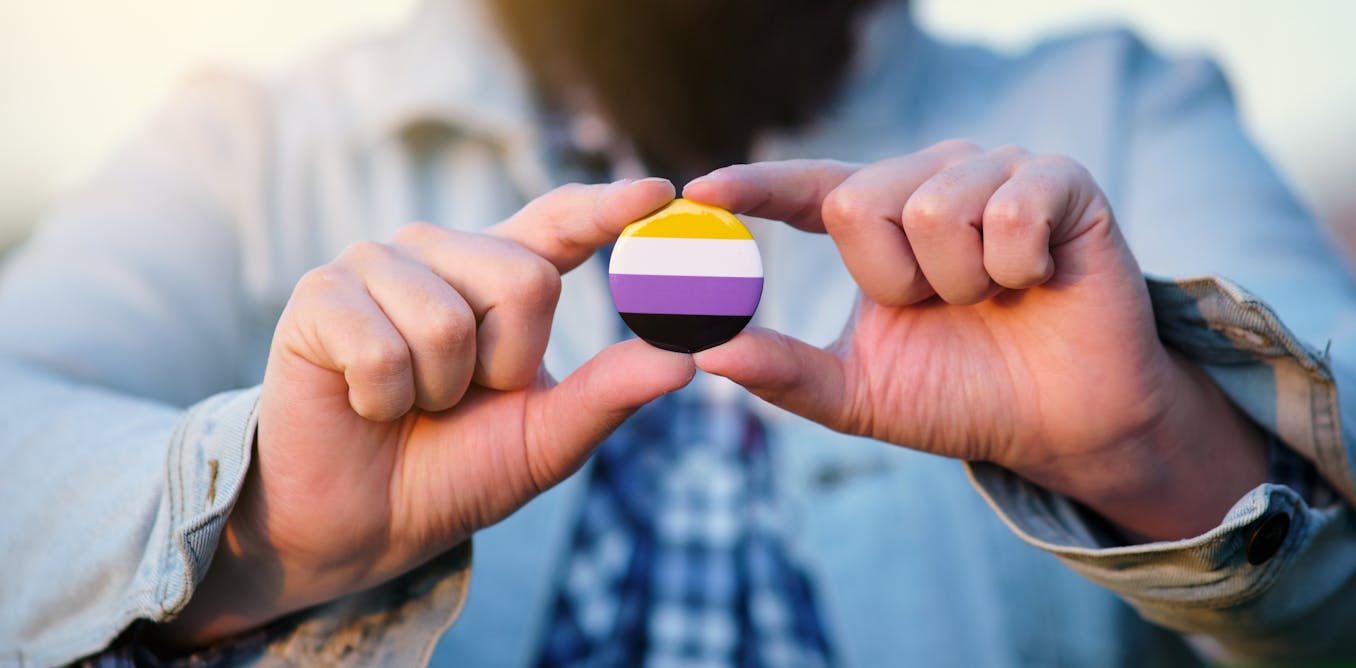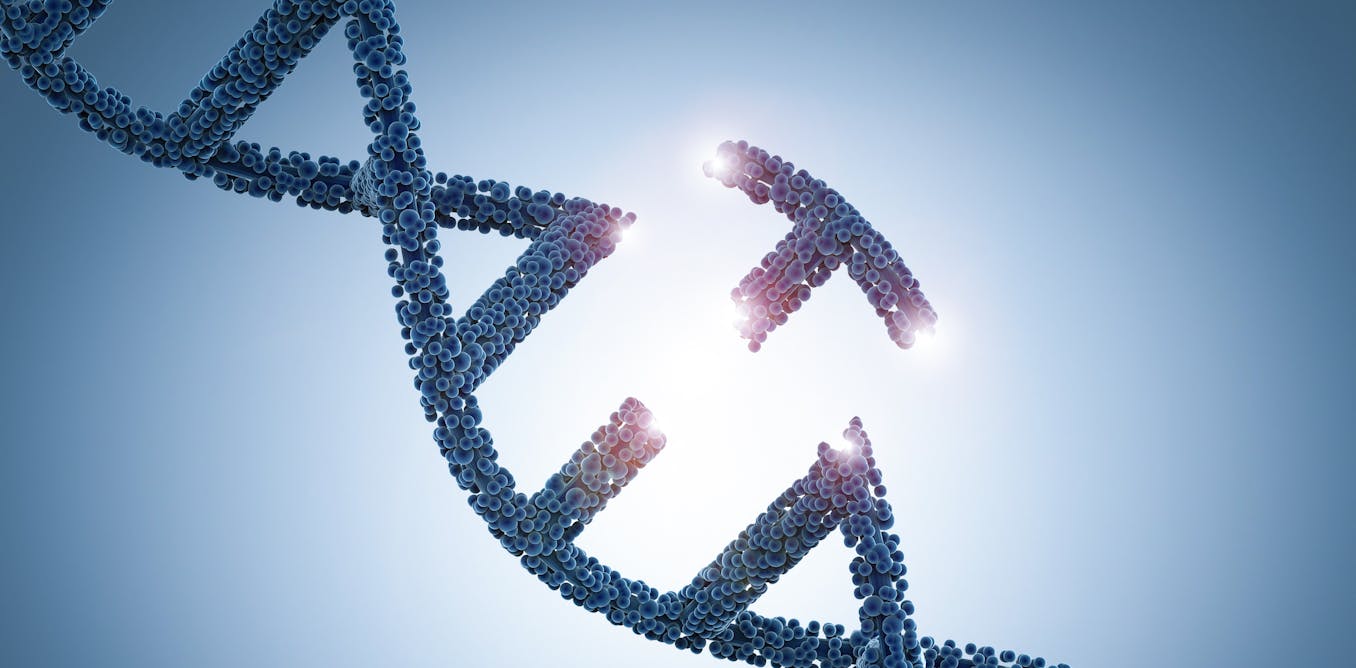Anti-trans measures don’t just target transgender men and women – a sociologist explains how ‘male’ or ‘female’ categories miss the mark for nonbinary Americans
The recent spate of executive orders around sex and gender impact nonbinary Americans, as well as trans Americans who identify as a man or a woman.
May 28, 2025 • ~8 min










